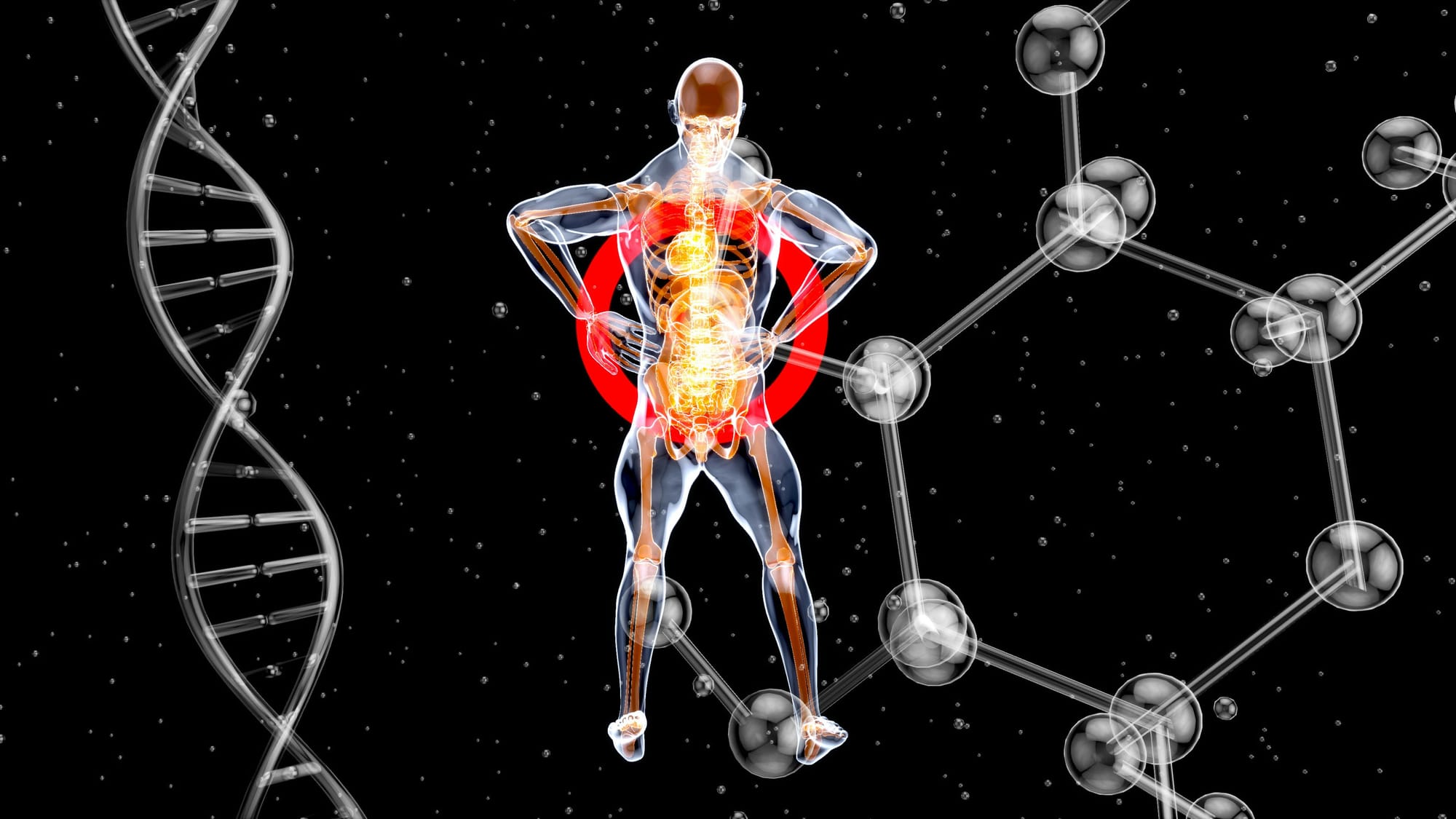How to Slow Down Aging with Peptides

Aging is a natural part of life, but modern science is uncovering ways to slow its progression and improve quality of life along the way. One of the most exciting areas of research in longevity medicine is peptide therapy. These small chains of amino acids act as signaling molecules, directing cells to perform specific functions like repairing tissue, stimulating collagen, or enhancing immune defense. As the body’s natural peptide production declines with age, replenishing or supplementing them can help restore youthful biological processes and combat age-related decline.
In this article, we’ll explore the science of aging, the role of peptides in anti-aging therapies, the most researched peptide options, and practical guidance for incorporating them safely into a longevity regimen.
Understanding the Biology of Aging
Aging is marked by a gradual decline in resilience and cellular function. Four biological hallmarks stand out:
- Cellular Senescence: Damaged cells that stop dividing accumulate in tissues. While protective against cancer, they contribute to inflammation and degeneration when unchecked.
- Genomic Instability: DNA damage and telomere shortening impair cell repair mechanisms, fueling disease risk.
- Mitochondrial Dysfunction: Energy-producing mitochondria falter with age, leading to fatigue, oxidative stress, and tissue breakdown.
- Altered Cell Communication: Aging cells release abnormal signaling molecules, causing chronic inflammation and impaired healing.
Peptides directly address many of these mechanisms, making them a powerful therapeutic tool.
How Peptides Support Healthy Aging
Peptides are naturally produced in the body, but levels decline with age. Supplementing them can help restore lost balance. Key mechanisms include:
- Stimulating Growth Hormone Release – Peptides like CJC-1295 and Ipamorelin boost growth hormone (GH) levels, improving muscle mass, fat metabolism, recovery, and sleep .
- Enhancing Cellular Repair – Compounds like Thymosin Beta-4 (TB-500) and Epithalon promote DNA repair, cell proliferation, and regeneration.
- Reducing Inflammation – BPC-157 and Thymosin Alpha-1 help regulate immune responses, reduce inflammation, and accelerate wound healing.
- Supporting Collagen and Skin Health – Collagen peptides and copper peptide GHK-Cu stimulate collagen synthesis, improve skin elasticity, and reduce wrinkles .
- Boosting Longevity Pathways – Epithalon activates telomerase, which protects chromosome ends, while NAD+ precursors like NMN restore cellular energy and DNA repair .
Key Anti-Aging Peptides
Here are some of the most studied peptides and their anti-aging benefits:
- CJC-1295 + Ipamorelin: A popular growth hormone–stimulating stack that enhances muscle, bone density, fat loss, and sleep quality. Clinical data suggest GH levels can increase 200–1000% for several days .
- Epithalon (Epitalon): A telomerase activator that extends telomere length, improves circadian rhythms, and has been shown to extend lifespan in animal studies by up to 25% .
- BPC-157 (Body Protection Compound): Known for gut repair and tissue healing. It promotes angiogenesis (new blood vessel formation) and speeds recovery, though some researchers caution ongoing studies about potential risks .
- GHK-Cu (Copper Peptide): A naturally occurring compound that enhances collagen, improves wound healing, and restores skin firmness.
- Thymosin Alpha-1: Supports T-cell activity, helping restore immune resilience in older adults .
- Collagen Peptides: Widely available supplements shown to improve hydration, elasticity, and reduce wrinkle depth when taken orally or applied topically .
Delivery Methods and Protocols
Peptides can be administered in several ways:
- Injectable (most effective) – Subcutaneous injections offer high bioavailability and fast action.
- Oral (less effective but improving) – Traditional oral peptides are degraded by digestion, but nanotechnology is improving absorption .
- Topical (for skin health) – Collagen and copper peptides in creams or serums target wrinkles and firmness.
Cycling is common: for example, Epithalon might be taken in 10-day annual courses, while BPC-157 is often used in 4–6 week healing cycles .
Benefits at a Glance
When integrated thoughtfully, peptides can provide:
- Increased muscle mass, energy, and vitality
- Improved skin elasticity and hydration
- Faster recovery from injuries or workouts
- Strengthened immune function
- Support for longevity pathways through telomere and mitochondrial health
Safety and Risks
While peptide therapy is generally considered safe under medical supervision, risks include:
- Injection site reactions (redness, swelling, discomfort)
- Headaches, fatigue, or mild digestive issues
- Rare but serious effects: allergic responses or cardiovascular changes
The source and purity of peptides matter. Many products sold online are unregulated or mislabeled. For safety and effectiveness, peptides should be prescribed and monitored by qualified healthcare professionals 【10†sourc# How to Get Started
If you’re considering peptide therapy, follow these steps:
- Consult a Medical Professional – Work with an anti-aging specialist to identify goals and screen for contraindications.
- Select Appropriate Peptides – Choices should be tailored to your needs (e.g., skin health, energy, immune support).
- Learn Proper Administration – Whether injections or topical use, technique and hygiene are key.
- Track and Adjust – Monitor results and side effects with your provider’s guidance.
- Support with Lifestyle – Exercise, nutrition, quality sleep, and stress reduction amplify peptide benefits.
The Future of Peptide Therapy
Research is accelerating. Over 280 anti-aging peptides have been identified, and synthetic design is advancing with precision targeting . While more long-term human studies are needed, peptides already represent a powerful frontier in longevity medicine.
🧠 Final Thoughts
Peptides are not a magic bullet, but they are one of the most promising tools for slowing aging and optimizing healthspan. From enhancing repair and regeneration to boosting growth hormone and protecting DNA, peptides help address multiple layers of the aging process. With careful medical oversight, they can form the backbone of a modern anti-aging strategy, keeping you stronger, sharper, and more resilient as the years go by.